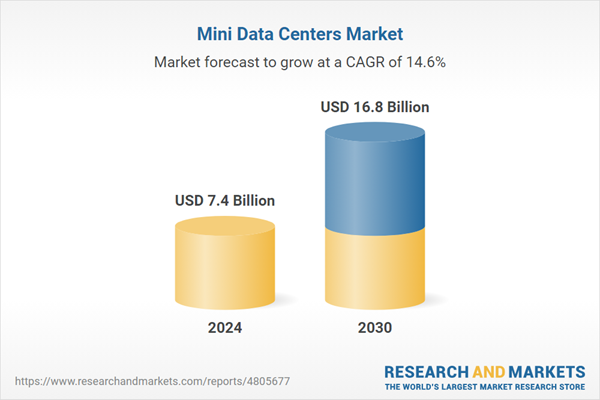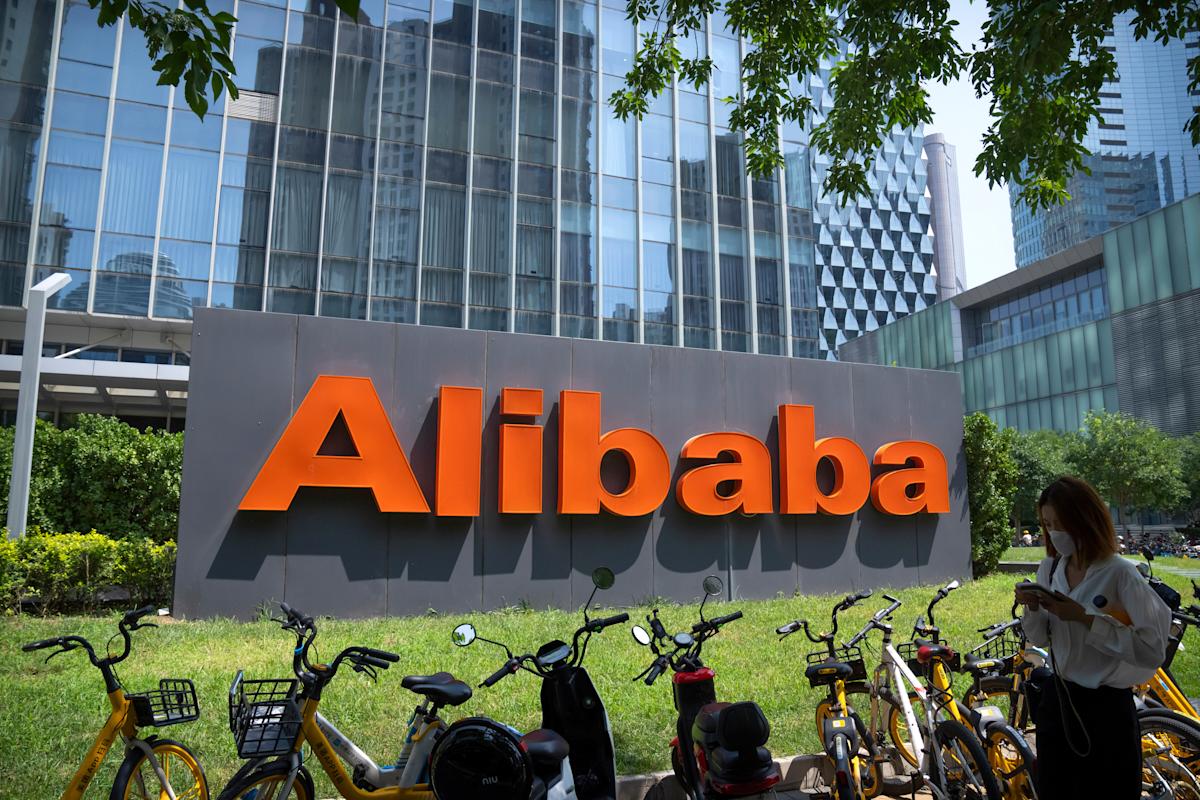Alibaba Group Holding Ltd. reported better-than-expected quarterly revenue growth, riding China’s AI development boom.
The company said sales grew 5 percent to 247.8 billion yuan ($35 billion) in the September quarter, versus the 245.2 billion yuan average of analyst projections. The company reported a 16 percent rise in Chinese e-commerce revenue for the period, even as net income dived to 20.99 billion yuan. Its US shares gained more than 1 percent in pre-market trading.
The strong set of results are likely to encourage investors betting on Alibaba as a leader in artificial intelligence development. The company has accelerated the release of AI models, culminating in the relaunch of its flagship Qwen mobile app — an effort to replicate the success of OpenAI’s ChatGPT that got off to a fast start this month.
Alibaba joins e-commerce rivals JD.com Inc. and PDD Holdings Inc. in reporting better-than-anticipated results. JD credited consumption-boosting measures by Beijing and its own more aggressive foray into food delivery. The latter, however, has cut into Alibaba’s profitability as it competes with JD and Meituan for orders.
Alibaba’s report comes against a backdrop of growing doubt about the sustainability of heavy investment in AI infrastructure — without a clear path to profitability. The spending bubble Chairman Joe Tsai warned about in March has only grown in ensuing months, after the likes of Amazon.com Inc., Microsoft Corp. and Meta Platforms Inc. declared hundreds of billions of dollars for new data centres. Their shares have sagged over the past month as concerns mount about the return on investment.
Alibaba Has Fared Better in AI Selloff Than US Hyperscalers
Chinese AI firms have weathered the global selloff in AI better than most, in part because their spending plans are still comparatively modest. Yet Alibaba’s — at 380 billion yuan over three years — sets it apart from much of the domestic competition. Tencent Holdings Ltd. committed roughly $1.8 billion toward capital expenditure in the most recent quarter.
On the surface, Alibaba’s ambitions also appear more aggressive. Its revamped Qwen mobile app attracted 10 million users within four days — one of the fastest rollouts of any Chinese AI service — and Alibaba said the plan is to build it into a full-fledged AI agent that can handle tasks like shopping on Taobao. Qwen is set to gradually incorporate features like mapping, shopping, travel booking and education, with the goal of building up a broader ecosystem.
Investors have so far cheered Alibaba’s AI ambition. The Hangzhou-based company’s shares have nearly doubled in value since the start of the year — though it will have to sustain rapid cloud revenue growth and fight off stiff competition from China’s entire internet sector, spanning AI startups like DeepSeek to tech giants like ByteDance Ltd.
While US players like OpenAI or Alphabet Inc.’s Google remain shut out of China, Qwen will have to contend with local rivals.
ByteDance’s Doubao chatbot already has over 172 million monthly active users, according to QuestMobile data. Tencent is also leveraging WeChat to promote its own Yuanbao, while laying out its own ambitions to build the ubiquitous WeChat into an agentic AI-capable service. And consumer-facing apps have yet to show a clear path to revenue generation in China, where users have shown little appetite to pay for subscriptions.
Alibaba’s Cloud Division Has Grown Into Biggest Growth Driver
While developing AI and cloud services is widely seen as the best path to growth for many of the country’s biggest tech companies, they are hampered by US restrictions on the most advanced Nvidia Corp. chips, and supply of domestic alternatives is limited. That hampers AI development to an extent, though Alibaba and local firms like Huawei Technologies Co. are seeking to develop homegrown accelerators.
Alibaba Chief Executive Officer Eddie Wu in September set out plans to build a “full-stack” suite for AI development, from advanced models to the infrastructure — such as semiconductors — required to build them. The company’s chip unit, T-Head, has gained headway in efforts to compete with Huawei.
Taobao, Alibaba’s main online marketplace for Chinese users, managed to attract more users this year by integrating the food delivery function into its app. But the fierce competition around that business segment has eroded industry-wide margins, and authorities last month renewed a pledge to rein in price wars. Alibaba’s ability to control costs around consumer services while investing in cloud operations is something investors will monitor over the long term.
By Luz Ding
Learn more:
Alibaba Preps Big Revamp of Flagship AI App to Resemble ChatGPT
The Chinese e-commerce giants also plans to gradually add agentic-AI features to support shopping on platforms including its Taobao marketplace in coming months.









